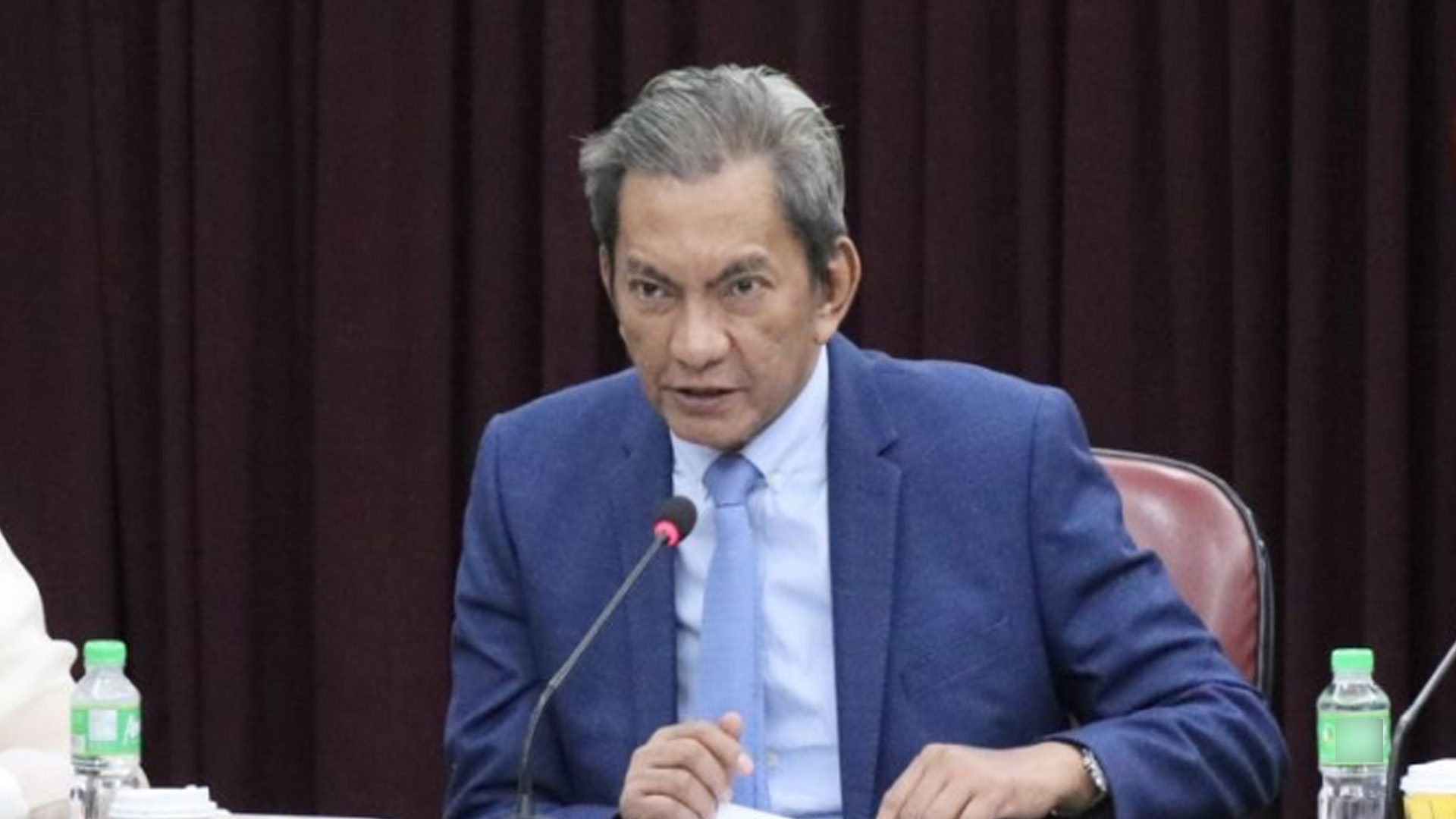A House leader on Tuesday night said Congress can increase the unprogrammed appropriations in the 2024 national budget.
In a statement, House ways and means committee chair Joey Salceda cited the Department of Budget and Management’s remarks that the unprogrammed funds are not part of the fiscal program, arguing that only the programmed appropriations are subject to the constitutional prohibition against increasing appropriations recommended by the President.
Salceda said this in response to Albay Rep. Edcel Lagman’s claim that the General Appropriations Act (GAA) of 2024 has a constitutional infirmity due to the PHP450-billion hike in unprogrammed funds in excess of the original recommendation of PHP281.9 billion under the National Expenditure Program.
“At its core, the logic of the Constitutional provision is simple: Congress should not overstep the fiscal deficit programmed by the President,” Salceda said.
Salceda was referring to the Article VI, Section 25 (1) of the Constitution, which provides that “Congress may not increase the appropriations recommended by the President for the operation of the Government as specified in the budget.”
Salceda said this view is affirmed by the Supreme Court in the case of Sarmiento vs. the Treasurer of the Philippines, which also cites the records of the 1986 Constitutional Commission.
He said that according to Constitutional Commissioner Christian Monsod, the aim of this constitutional provision is to ensure that the budget does not “put the government in debt or in deficit.”
“The very conditions placed on the Unprogrammed Appropriations are designed in such a manner that no additional deficit will be incurred,” he said.
He said Article VII, Section 22 also specifies that the President shall submit a Budget of Expenditures and Sources of Financing (BESF) as the basis for the budget.
Taking this into consideration, he said the constitutional limit to increases in programmed appropriations make sense as it applies to the BESF.
“When in excess of the BESF, there is no limitation imposed on Congress, and its power of the purse, long respected by the Supreme Court, is supreme,” he said.
Salceda said it is up to the Supreme Court to decide once a case questioning the constitutionality of the 2024 GAA is filed.
“So, any party can file any suit against the 2024 GAA to their satisfaction,” he said.
“I expect it (Supreme Court) to decide as it has always done so: with the maximum liberality and presumption of regularity granted to Congress in the exercise of its exclusive powers,” he added.
DBM Secretary Amenah Pangandaman earlier clarified that the unprogrammed funds in the 2024 General Appropriations Act are “standby appropriations” distinct from the approved government fiscal program.
She said the unprogrammed funds for next year would help the government address unforeseen expenditures and prioritize essential programs and projects.
She noted that unprogrammed appropriations of the 2024 budget have built-in safeguards to prevent unconstitutional spending.
The unprogrammed funds are not automatically allocated and can only be released, if several funding conditions are met, such as when the government, through the Bureau of the Treasury, is able to collect excess revenue or income beyond its initial projection, or should foreign or approved financial loans or grants proceeds are realized.
Should there be excess revenues that may trigger the availability of the unprogrammed funds, government agencies are required to submit necessary requirements before given access to the standby fund to ensure that spending stays within legal limits. (PNA)






















